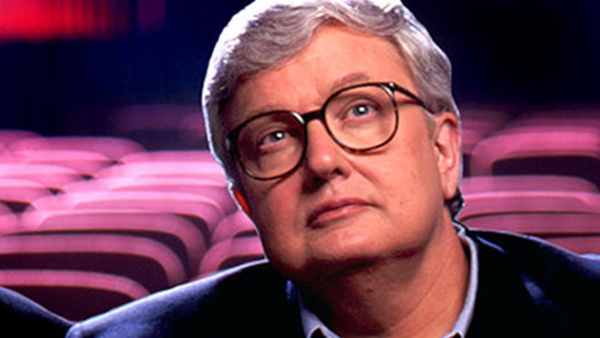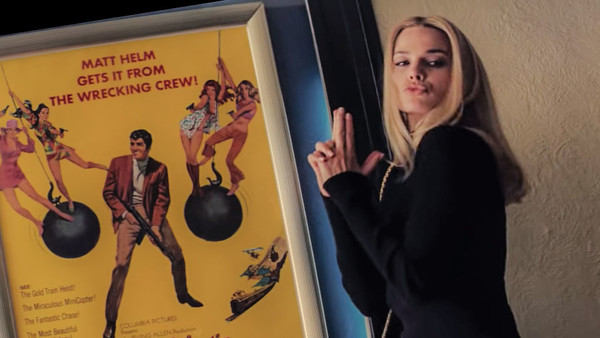The True History Of Movie Spoilers
Critics Have No Right To Play Spoiler

Critics have been chastised countless times in the past for freely giving away excessive plot information about movies: many critics freely spoiled that Avengers: Infinity War concluded on a downbeat cliffhanger, which while not the most shocking thing in the world, nevertheless clued readers into exactly what was going to happen.
Every time this occurs with a major film, a discussion arises about the importance of allowing writers to express themselves vs. protecting the spoiler-phobic from having the experience seemingly diminished.
Roger Ebert famously said back in 2005, "Critics have no right to play spoiler", and mercifully, most respectable critics will present full spoiler warnings for any major plot information.

What the Internet has done for movies is a double-edged sword, then. It has democratised film discourse across the world, though at the price of creating a thorny minefield where there's no clear agreement or honour code regarding the moratorium on and presentation of spoilers.
This has prompted many to protect themselves by only visiting heavily-moderated communities with spoiler tags, installing browser extensions which can block spoilers, and in extreme cases, just staying off social media entirely in the lead-up to an anticipated movie's release.
But average folk aren't the only ones who have been forced to adapt: film studios have also had to change tack and become decidedly cagier with how they preserve the secrecy and "integrity" of their movies...
Continued on next page...